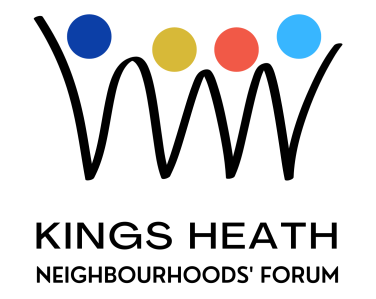Members of the Moseley and Kings Heath Greener, Cleaner, Safer Environment group were surprised to be told that Amey is ‘moving towards one hundred per cent monitoring’ of highways repair work. The news was delivered by an Amey representative at a recent meeting. Amey currently carries out all highway maintenance work for Birmingham City Council (BCC).
This leads to an extraordinary conclusion: that nobody is currently checking all the work that Amey is doing for BCC to make sure that it’s up to standard.
There should be a considerable amount of work to be checked. The contract with Amey started in 2010, runs for 25 years and is worth £2.7 billion.
However, it seems that BCC has taken action by imposing financial penalties on Amey following complaints from residents that work was not being done or was not up to standard. Amey has disputed the allegations, claiming that all work meets the standards set out in the contract. The argument has been rolling since Autumn 2015. According to the Birmingham Post, it was still not resolved as recently as September 2016.
But why does BCC rely on local residents to monitor the work carried out by its biggest contractor? Given the value of the contract, it must surely be possible to have BCC staff checking every job completed by Amey?
And on a £2.7 billion contract, it should surely have been possible to make Amey pay for the BCC staff needed to check the work.
